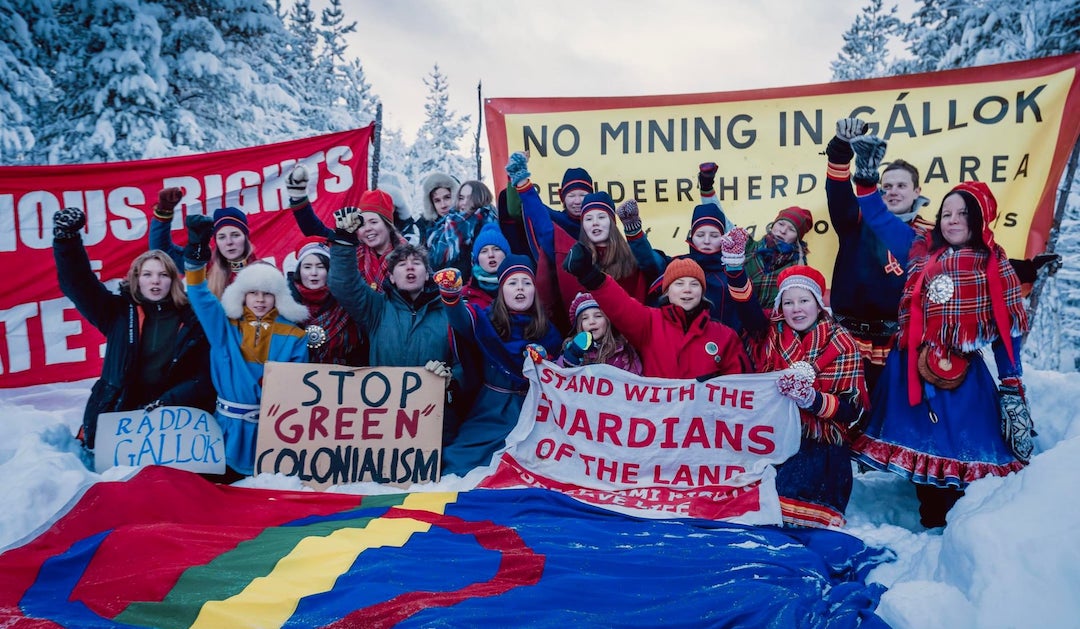
Think of a metal that is important for modern high-tech industries, and it is likely cobalt, nickel, lithium and other somewhat exotic metals that come to mind first. Or perhaps copper, for electric wiring. But what may be the most important metal of all for the next industrial revolution is, in fact, a hold-over from the previous one: steel, and, by extension, the iron that is its main component.
Steel is strong and relatively cheap to produce, which is good, because a greener society is going to require a lot more of it than we already use. According to the International Energy Agency, a Paris-based group that tracks global energy trends, by 2050, we will need as much as a third more than we use today. To understand where it will all be going, consider wind turbines: a windfarm that can generate the same amount of power that a coal-fired power plant can requires eight times as much steel. And those wind turbines can only be expected to last half as long.
So, when Sweden’s government, on 22 March, announced that it was giving Beowulf Mining, a UK-based firm, the right to open an iron mine in a Sámi reindeer-herding area known as Gállok (also known as Kallak), part of its defence against the long list of criticisms from its opponents (Greta Thunberg, a teenage climate activist, called it “shortsighted, racist, colonial and nature-hostile”) was that the iron would be contributing to the green transition. That Russia, another major exporter of steel, has shown itself to be willing use strategic commodities to leverage its foreign-affairs aims further underscores the need for Swedish steel for the sake of its national defence as well.
Such arguments have done little to put critics of the decision to grant Beowulf Mining the exploitation concession that will allow it to operate on the site for the next 25 years. Of equally little reassurance are the extensive list of requirements that Beowulf Mining must meet — including final approval by Sweden’s environmental court — before it can be allowed to begin operations. Indeed, when the list of requirements was presented, reporters attending the announcement questioned whether the government actually wanted the mine to be approved. (It does, the commerce minister, Karl-Petter Thorwaldsson, assured them, though he admitted that especially the environmental requirements would be hard to meet.)

Opponents biggest concern is for the Sámi, whom they say will have their livelihoods affected to such an extent by the mine and the pollution they fear it will create, that approving it amounts to a human-rights abuse, a claim that has the backing of the UN’s indigenous-rights watchdog and its environmental-rights watchdog. Their complaint, lodged on 10 February, is that the Gallák mine, despite what the government describes as its modest size, would leave a huge footprint on both a protected ecosystem and reindeer-herding.
In her on-line tirade against the decision, Ms Thunberg, who, in connection with a protest of the mine earlier this year (pictured above) suggested that Sweden instead pursue mining of other types of minerals in other areas, cautioned the Swedish government that “the world will remember” if Beowulf Mining eventually is allowed to begin mining Gállok’s iron. That may be precisely what Mr Thorwaldsen is hoping.
Kevin McGwin, PolarJournal
More about this topic






Hei, where is that mining place?!
Thanks for your question. The area is situated about 40 km west of Jokkmokk and about 120 km northwest of Lulea.
Best Regards from Switzerland
The PolarJournal-team